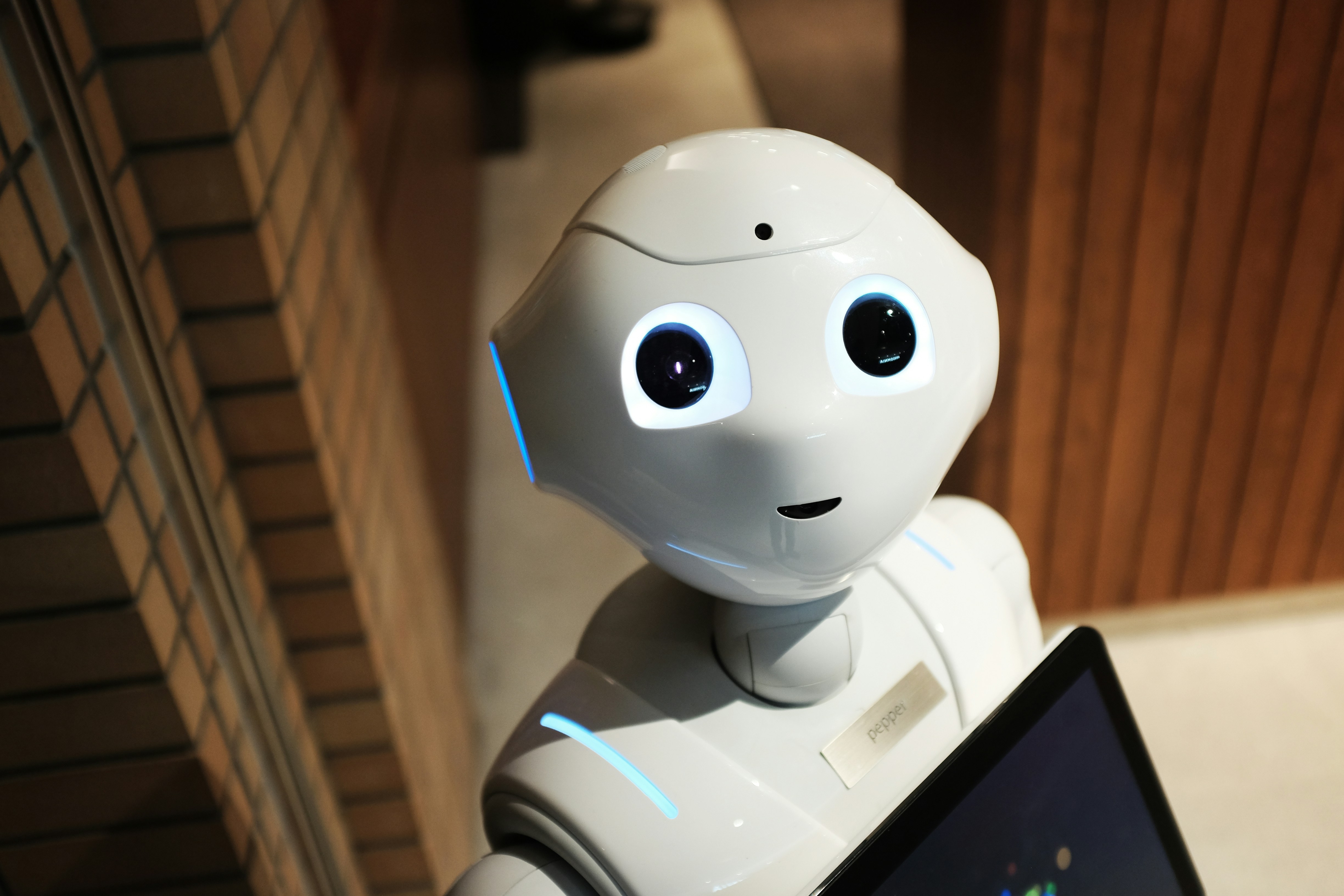Teachers are continuously looking for creative methods to improve their students' learning experiences. Artificial Intelligence (AI) integration into lesson planning is one such innovation; it's a game-changer that not only saves important time but also inspires creativity. This post will examine how artificial intelligence (AI) is revolutionizing lesson planning and how teachers may use it to simplify their methods.
Understanding the Role of AI in Lesson Planning
1. Automated Content Generation:
AI algorithms have the capability to analyze vast amounts of educational content and curate materials tailored to specific learning objectives. By automating the content generation process, teachers can free up time to focus on refining their instructional methods and addressing the unique needs of their students.
2. Personalized Learning Paths:
One-size-fits-all teaching methods are becoming outdated in the face of AI-driven personalized learning. These systems analyze student performance data to create individualized learning paths, ensuring that each student progresses at their own pace. This not only enhances understanding but also promotes a more inclusive and supportive learning environment.
3. Data-Driven Insights:
AI tools provide educators with valuable insights into student performance and engagement. By analyzing data on how students interact with learning materials, teachers can identify areas that need more attention and tailor their lesson plans accordingly. This data-driven approach empowers educators to make informed decisions, leading to more effective teaching strategies.
Practical Applications of AI in Lesson Planning
1. Smart Lesson Planners:
AI-powered lesson planning tools assist teachers in creating well-structured and engaging lesson plans. These tools can suggest relevant activities, multimedia resources, and assessment methods based on the learning objectives and the specific needs of the students. This not only saves time but also ensures that lesson plans align with educational goals.
2. Adaptive Assessments:
Traditional assessments often fall short in capturing the diverse range of student abilities. AI introduces adaptive assessments that adjust difficulty levels based on individual performance. This approach provides a more accurate representation of a student's understanding, allowing teachers to offer targeted support where it's needed most.
3. Content Curation and Recommendation:
With the abundance of online educational resources, finding the most relevant and effective materials can be overwhelming. AI simplifies this process by curating and recommending content based on the curriculum, student preferences, and learning styles. This ensures that teachers have access to high-quality resources that works with their students.
Overcoming Challenges and Embracing the Future
1. Addressing Privacy Concerns:
As with any technological advancement, there are concerns about the privacy and security of student data. It is important for educators and institutions to prioritize data protection measures and adhere to strict privacy policies when implementing AI in education. Transparent communication about data usage and storage practices is essential to building trust among stakeholders.
2. Professional Development:
For educators to fully harness the benefits of AI, ongoing professional development is crucial. Training programs that focus on the integration of AI tools into teaching practices can empower teachers to adapt to the evolving educational landscape. Institutions should invest in comprehensive training initiatives to ensure that educators are confident and proficient in utilizing AI for lesson planning.
3. Cultivating a Collaborative Culture:
AI is most effective when it complements the expertise of teachers rather than replacing it. Fostering a culture of collaboration between educators and AI systems encourages a symbiotic relationship. Teachers can provide the contextual understanding and emotional intelligence that AI lacks, while AI contributes efficiency and data-driven insights.
AI is emerging as a useful tool for educators to use in lesson design as they strive for more effective teaching. The field of education is changing as a result of AI's capacity to automate processes, deliver individualized learning experiences, and provide data-driven insights. Achieving a balance between welcoming innovation and eliminating related obstacles is crucial as we work through the integration of AI into education. By doing this, teachers will be able to fully utilize AI to give their students access to a more effective, individualized, and engaging learning environment. Looking ahead, the convergence of artificial and human intelligence holds the potential to completely transform the landscape of educational opportunities.




